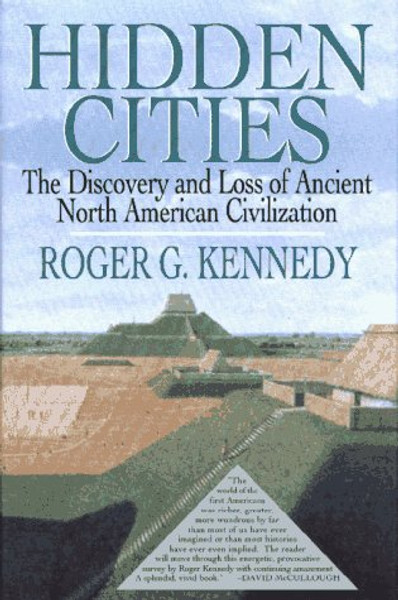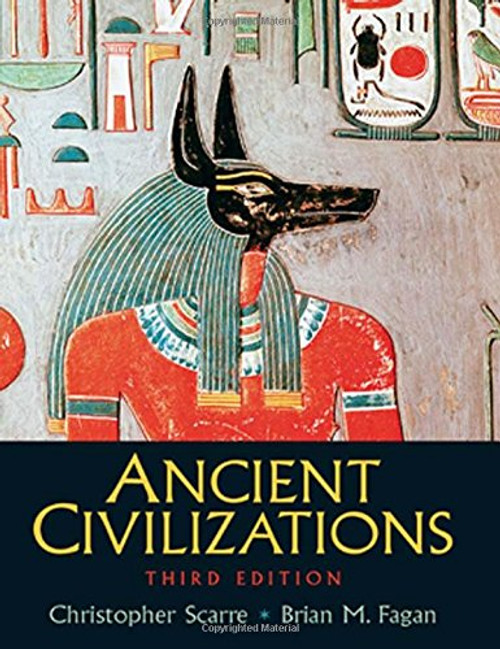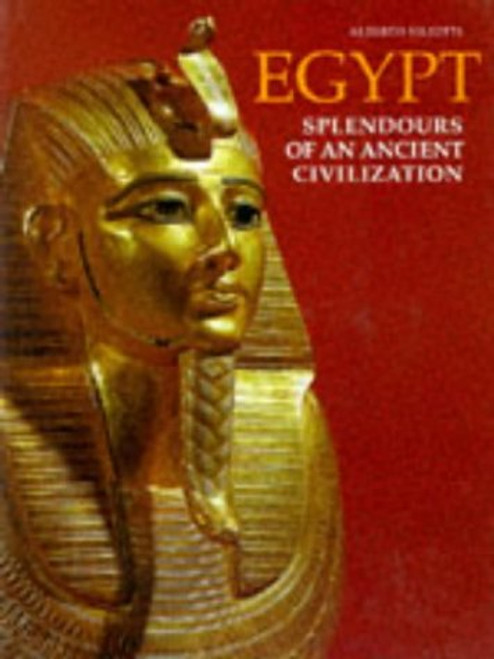Product Overview
Few realize that some of the oldest, largest, and most complex structures of ancient archaeology were built of earth, clay, and stone right here in America, in the Ohio and Mississippi valleys. From 6,000 years ago until quite recently, North America was home to some of the most highly advanced and well organized civilizations in the world - complete with cities, roads, and commerce. From the lost city of Balbantsha, near New Orleans, to the Great Hopewell Road, a causeway for religious pilgrims along the Ohio River in the thirteenth century, these cultures built hundreds of thousands of structures, of which a small but tantalizing portion still remain. Like the Druids of Salisbury Plain, they patterned extraordinarily precise geometry according to the rising and setting of the moon. Like the ancient Egyptians, they organized millions of hours of human labor to construct pyramids, platforms, and plazas. In Hidden Cities, Roger G. Kennedy sets out on a bold quest of recovery - a recovery of the rich heritage of the North American peoples, and a reimagination of the true relations of their modern-day successors and neighbors.
From the Spanish and French explorers to the present, very few Euro-Americans have paid attention to the evidence and meaning of this heritage. Building on recent work of many archaeologists and historians, Roger Kennedy presents a fascinating picture of these American antiquities as well as their reception among leading citizens of the young United States. On missions of exploration, politics, and even piracy, men such as George Rogers Clark, George Washington, Albert Gallatin, and Thomas Jefferson frequently chanced upon the architecture of the past. As Kennedy shows us the magnificence of the mound-building cultures through the sometimes-prejudiced eyes of the Founding generation, he reveals not only the astounding history of our continent, but also the reasons why we have refused to credit Native American predecessors with the greatness they deserve.






